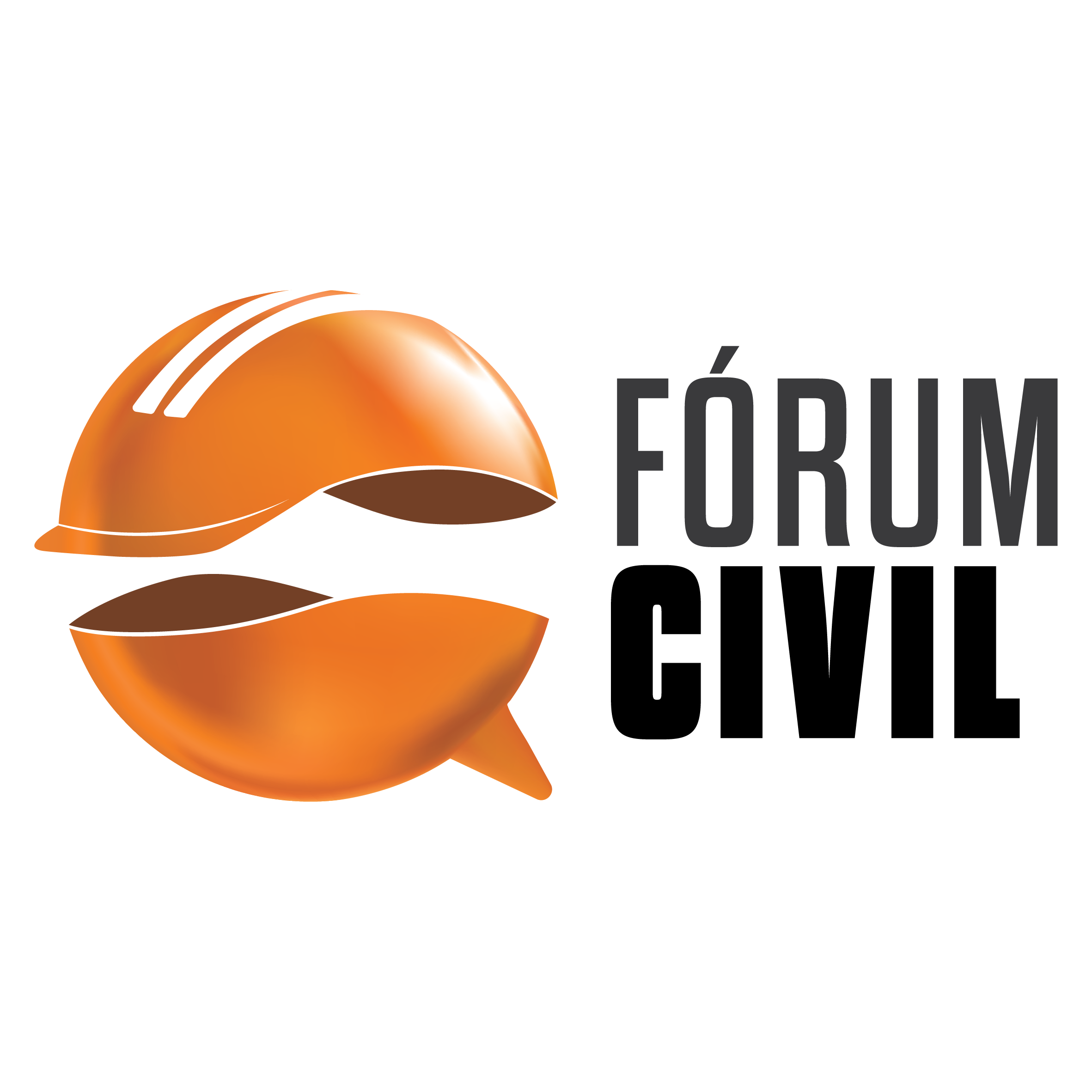
Programme Overview
Civil Engineering develops construction and rehabilitation solutions to cater to the needs of urban day-to-day life. Civil engineers design, develop and explore systems, which allow us to use them adequately, with particular emphasis on the improvement of the quality of life. Essential activities are the management of works and projects, the planning of transport networks, the construction of hydraulic works and the use of water resources.
Study Plan
The 2nd Cycle in Civil Engineering has a duration of 4 semesters (2 years), which is equivalent to 120 ECTS, and is made up of the following structure:
-
1st year (ECTS)
-
51
-
9
-
-
2nd year (ECTS)
-
18
-
12
-
30
-
The curricula of the 1st and 2nd Cycle were reformed in the 2021/2022 academic year, following Decree-Law 65/2018 and the implementation of a new teaching model and pedagogical practices. The MSc in Civil Engineering derives from the previous Integrated MSc in Civil Engineering.
-
Core Structure (69 ECTS)
The MSc Programme in Civil Engineering (Major) increases the capabilities and knowledge acquired in the 1st Cycle, in the following specialisation areas:
- Construction is aimed at the study of construction techniques, essential materials and project management, which also includes project quality and safety, project management and heritage assessment.
- Structures is a stream of study focused on infrastructure sizing and design (buildings, bridges, among others), strongly associated with the work developed in a design office.
- Geotechnical engineering is oriented to the study of soil mechanics and infrastructure behaviour on such soils (i.e., foundations).
- Hydraulics and Water Resources: intended for the behaviour of fluids, in particular water, and the planning and design of related works (dams, sanitation networks, among others).
- Urban planning, Transports and Systems, a stream centred on the design and planning of systems, facilities, equipment and services that promote the functioning of a territory, its communication networks, the displacement of population and resource organisation.
The programme structure offers you the possibility to choose disciplines within each area of expertise.
-
Free options (21 ECTS)
Part of the curriculum is of fully free choice, i.e., students may choose subjects not only in Civil Engineering, but also in any other scientific field offered by Técnico.
This component includes the possibility of taking a Minor – a number of multidisciplinary courses – which corresponds to 18 ECTS. The offer cuts across all programmes taught at Técnico.
Extra-curricular activities may also be credited, to a maximum of 6 ECTS.
-
Dissertation (30 ECTS)
The dissertation is the final assignment of the study cycle, which allows students to focus and specialise on a specific subject that may take any of these formats:
- Scientific thesis
- Internship at a company
- Capstone project
Target Audience
The MSc programme in Civil Engineering is intended for graduates in areas associated with Engineering, namely those who have a background in Civil, Mechanical, Geological, Mining and Environmental Engineering and related areas.
The programme is taught in Portuguese however may there be international or mobility students enrolled, the curricular units will be taught in English.
Career Opportunities
Técnico MSc graduates in Civil Engineering may pursue careers in:
- construction of buildings, bridges, public equipment and other large facilities;
- land modelling and geotechnical works;
- water supply and sanitation systems and networks;
- rehabilitation of constructions and infrastructure;
- waste recycling and management;
- land and urban planning, land division and management;
- communication networks and transports;
- planning and management of transport systems and urban mobility;
- production of materials and construction components;
- management and maintenance of projects and works;
- logistics (systems and infrastructure);
- consultancy and leadership, supervision and management;
- vocational training and teaching.
Facts & Figures
Source: Técnico Employability Observatory | Data for 2016/17 academic year.
Entry Requirements
To apply for a 2nd Cycle at Técnico you should:
- hold a 1st cycle degree in Science and Technology (except in the case of the 2nd cycle in Architecture, which requires a 1st cycle degree in Architecture);
- hold an academic, scientific or professional curriculum that certifies their ability to do the MSc programme which they apply for.
Candidates are selected according to these criteria:
- affinity between the degree they hold and the programme they apply for;
- type of degree they hold;
- academic success in the programme they attended.
Note: if requested, we may appreciate the academic, scientific or professional curriculum and the candidate’s performance during the interview.
Students' Organisations

Técnico students stimulate autonomously and proactively projects that act as a complement to their academic background. For example, the Students’ Organisations provide them with skills and added value making them more competitive in the labour market.
The Civil Forum is the main structure of Civil Engineering students, which promotes:
- Technical visits and workshops
- The link to Civil Engineering alumni
- Estrutural, (course journal)
- Técnico Summer Internships
- Jornadas de Civil (a cycle of Civil Eng. seminar and meetings)
- Underconstruction (a cycle for newcomer students)
- Recreational and leisure activities

